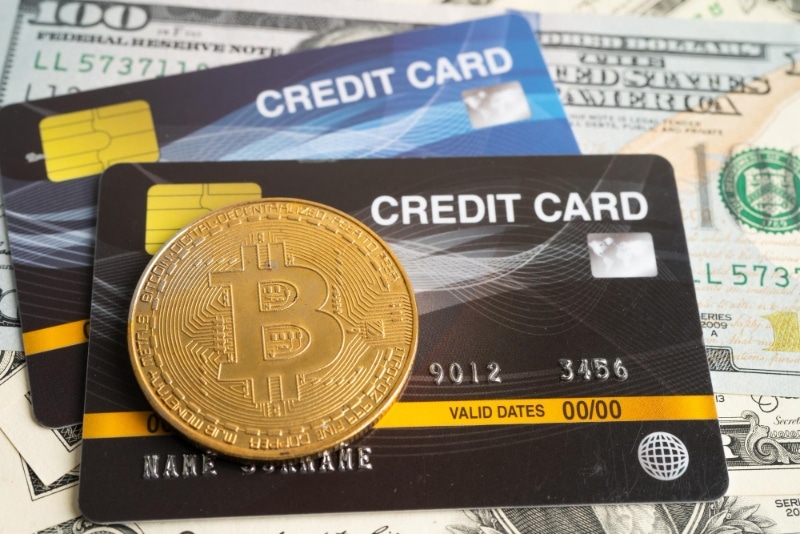
This problem, money laundering, has caused significant trade disputes and debates in the Chilean cryptocurrency ecosystem. Between 2014 and 2018, exchanges such as Buda.com, Crypto Market, and Orionx all had their bank accounts closed.
Specialist Carolina Veas, a professional from the CMS Carey y Allende Chile law firm, spoke about this problem and its consequences in her presentation at the Santiago Polytechnic. This is an event that brought together the Ethereum community in the Chilean capital on Friday 23 September.
Stock exchanges are potential competitors of banks in the international investment, credit and remittance market, the lawyer explained. In this context, 10 banks in the country made the decision "independently, but as a whole," he said.
These entities provide 99% of current accounts to legal entities in Chile, so their importance in the economic and financial sector is evident. Of course, they were also essential for exchanges, which are now allowed to operate with bank accounts.
Banks have motivated the closure of trading accounts with the fact that exchanges, by connecting to cryptocurrency users, could connect them to people trying to launder money.
Regulation must not exclude trade
However, according to Attorney Veas, the banks have omitted the fact that the exchanges' know-your-customer (KYC) policies are a weapon in their favor in the fight against this crime.
“Why does a law that seeks to prevent money laundering exclude exchanges and prefer cryptocurrencies to be exchanged in P2P (peer-to-peer) transactions?” He asked. “It doesn't make sense,” she added.
The one who interpreted this circumstance was the International Financial Action Group (FATF), which recommended banks not to make derisking (total elimination of risks, such as the measure of closing exchange accounts), but to "manage" them.
If banks broke off their dealings with stock exchanges at the root, the FATF would lose access to a lot of valuable information about the transactions taking place on these platforms. As previously reported, the international organization is exerting increasing pressure on exchanges to apply the travel rule to their operations.
Banks need to partner with cryptocurrency companies
Carolina Veas concludes that banks must not oppose these new technologies which are bitcoin (BTC) and other cryptocurrencies, but "modernize and adapt". Even cryptocurrencies and blockchains will eventually have to do this, because "in the future they will also have to face other disruptive technologies".
"There are banks willing to open up and have relations with the cryptoasset sector, even if they are very few", clarified the specialist. “Technological change is on the way and it is a reality. Some banks have understood this, ”he added.
For their part, the banks are demanding a level playing field, he explained. Just as these entities are obliged to inform the tax authorities of their clients' suspicious transactions, they want exchanges to have the same obligation. "It's essential for the discussion," said Carolina Veas.
